Legal and illegal psychoactive compounds that alter brain function, leading to changes in perception, mood, consciousness, and behaviour.
Psychoactive Substances
Perspectives on addiction-related problems in Vietnam
The article provides an overview of key substance use and addictive behaviors in Vietnam, alongside the development of addiction science, drawing from a synthesis of literature and the authors' perspectives. Over the last two decades, the...
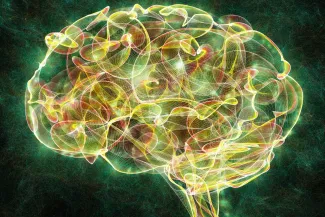
Stimulant Use and Related Harms in Canada: Recent Trends
This issue is a special two-part series. The first part features a regional breakdown of reports from seven Canadian Community Epidemiology Network on Drug Use (CCENDU) nodes and five drug checking services from across the country. It...
Navigating opioid use disorder treatment for pregnant and parenting people: composite narratives for policy action
Opioid use during pregnancy and the postpartum period is increasing in the United States, yet many pregnant and parenting people face serious barriers to accessing effective treatment and supportive services. These barriers arise from...
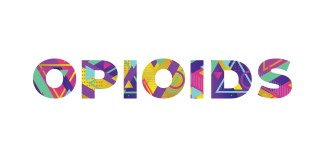
Artificial Intelligence in Substance Use Prevention, Treatment, and Recovery Support: Selected Readings and Practical Insights
Artificial intelligence (AI) is transforming how we understand and manage substance use disorders (SUDs). The following curated readings highlight current developments, practical applications, and ethical considerations for AI in this field...

European Drugs Summer School 2026
Held in Lisbon, this face-to-face two-week course places special focus on 'A whole-of-society approach to drugs', examining how communities, professionals, policymakers and people who use substances and their families can move from awareness to effective action.
Ilicit Trafficking Nexus: Ilicit Drugs, Human Trafficking, and Arms Trade in Asia
Panel Presented at Indonesia 2025 on the 18th of September 2025 Author: Augus Irianto Abstract: The escalating drug problem in Asia has evolved into a multidimensional threat that extends far beyond public health. Illicit drug trafficking...
From Stigma to Strength: The Transformative Power of Activism for Former Injecting Drug Users with HIV
Injection drug users (IDUs) living with HIV/AIDS (PLWHA) often face multiple stigmas stemming from their HIV status and history of drug use. This stigma can impact their mental health, motivation to recover, and social integration. This...
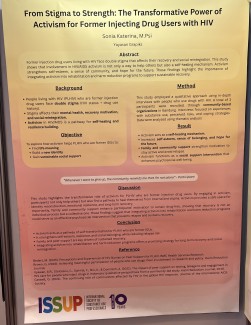
AMBIVALENT ATTACHMENT BETWEEN SIBLINGS OF DRUG USERS: A PHENOMENOLOGICAL STUDY
Using drugs is behavior that is not expected because of the bad impact on physical and mental health, especially to addiction. Especially when in a sibling relationship, there is more than one person who is using or addicted. This situation...
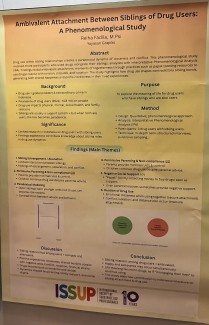
Effectiveness of Group Cognitive Behavior Therapy (CBT) on Improving Quality of Life in People with Methamphetamine Disorder
Background: Methamphetamine abuse has a devastating impact on physical health, psychological conditions, social relationships, and overall quality of life. One of the widely implemented psychosocial approaches to support recovery is Group...
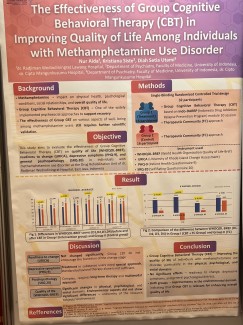
Transcranial Magnetic Stimulation as an Adjunctive Intervention in an Adolescent with Substance Use Disorder and Co-occurring Behavioral Disorders: A Case Report
Background: Substance use disorder (SUD) remains a major challenge in the healthcare field, as it is associated with structural and functional alterations in the brain. Adolescents are particularly susceptible to substance use due to the...
